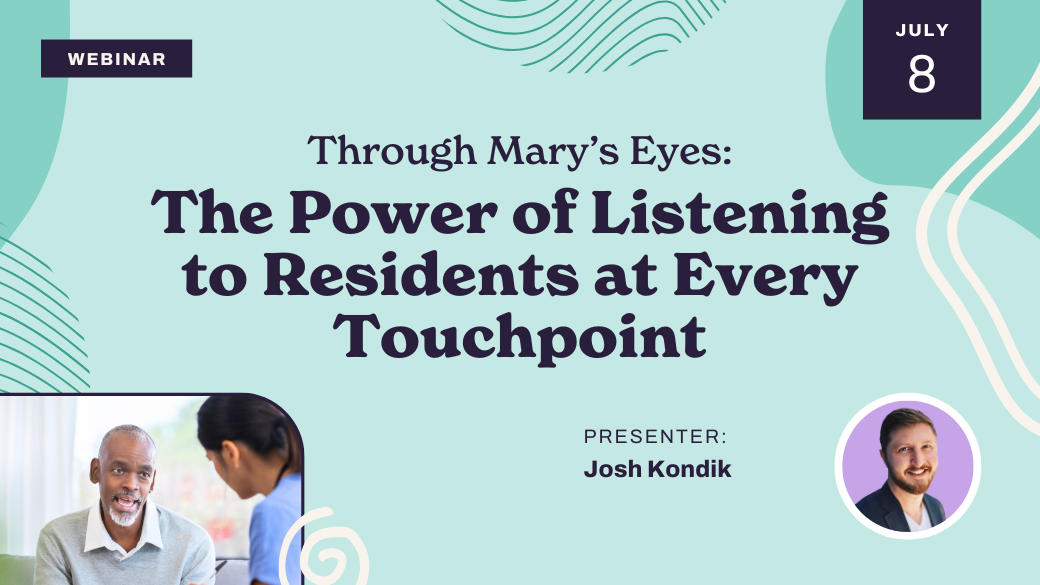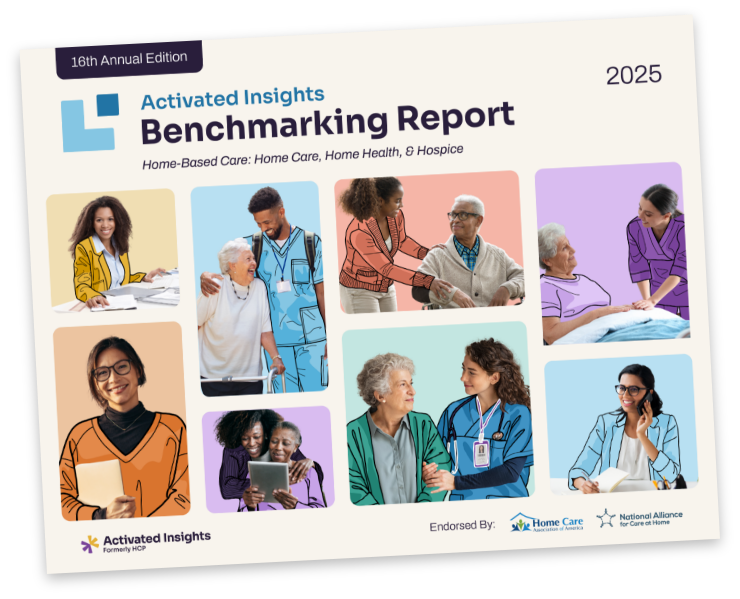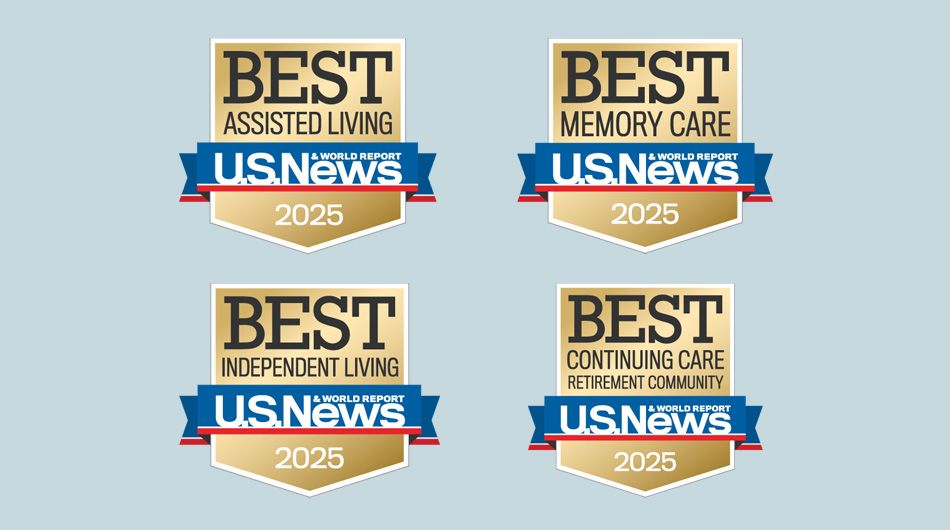As the needs of aging and medically complex populations grow, the demands on home health aides and caregivers have never been greater. Yet many are still trained only in basic ADLs, leaving critical gaps in care quality, job satisfaction, and career growth.
Note: This article was originally published in the 2024 Activated Insights Benchmarking Report.
If you’ve had to rely on home health, home care, or hospice services for you or a loved one, you are deeply aware of the critical role that our home health care workforce plays in the well-being of patients across the nation.
They often enter your life during a period of uncertainty and confusion. They can become like family, a valued and integral part of your loved one’s health story. But when they arrive and when they leave you, it is during those times when you and your family are vulnerable, and you depend on them—and the system they work in—to support you.
Throughout the pandemic, we saw an improved appreciation of the value of home health care workers in our healthcare system. Yet, we still find their value and their challenges overlooked.
Accessing funding for home health care can often be a multi-week or multi-month process in which home environments and health status decline, leaving the workforce to solve the repercussions of system delays. This workforce often finds itself stuck in the middle of an overly complex healthcare system, trying to navigate approvals and benefits to properly advocate for patients.
Imagine arriving at your patient’s home to find they have no wound care supplies, no cleaning supplies, and no money for food. There’s more we can do to support this workforce, and the time is now.
At its core, bolstering this essential workforce necessitates investing in training and fostering enhanced career pathways. Training is indispensable for care staff to deliver assistance with activities of daily living in a manner that is safe, compassionate, and of the highest quality, thereby safeguarding the well-being and dignity of those under their care.
Training Beyond Compliance
Although training on activities of daily living (ADL) may encompass routine tasks, comprehensive training significantly elevates the capabilities of professional caregivers across several crucial dimensions:
- Safety: Proper training ensures that care staff understand how to assist individuals with ADLs safely, minimizing the risk of accidents, injuries, or harm to both the caregiver and the individual receiving care. This should include techniques for lifting, transferring, and positioning individuals safely, as well as protocols for managing medical equipment and administering medications.
- Dignity and Respect: Training helps care staff learn how to assist with ADLs in a manner that preserves the individual’s dignity, privacy, and independence. Caregivers need to be taught to approach each task with empathy, patience, and sensitivity to the individual’s preferences and cultural beliefs.
- Quality of Care: Training equips care staff with the knowledge and skills needed to deliver high-quality care that meets the physical, emotional, and social needs of the individual. Your training program should ensure an understanding of the principles of person-centered care, effective communication techniques, and strategies for promoting comfort and well-being.
- Understanding of Conditions: To be competent, care staff must receive training on common medical conditions, disabilities, and age-related changes that may impact an individual’s ability to perform ADLs. This knowledge helps caregivers anticipate and respond to the unique needs and challenges faced by each individual, such as mobility limitations, cognitive impairments, or sensory deficits.
- Problem-Solving: Training that goes beyond the basics empowers care staff to identify potential barriers or challenges in assisting with ADLs and develop creative solutions to overcome them. This may involve adapting techniques, using assistive devices, or collaborating with other members of the care team to address complex care needs effectively.
- Legal and Ethical Considerations: It is essential that care staff learn about their legal and ethical responsibilities in providing care, including maintaining confidentiality, respecting the individual’s rights and preferences, and adhering to professional standards of conduct. This training helps care staff navigate complex ethical dilemmas and make informed decisions in the best interest of the individual.
- Professional Development: It is crucial to provide guidance beyond basic compliance training. Ongoing training and education opportunities allow care staff to enhance their knowledge, skills, and competencies over time, improving their effectiveness as caregivers and promoting career advancement within the field of caregiving.
Effective training programs empower diligent direct care workforce with the latest care practices and technologies, broadening their skillsets across diverse care environments. Retention rates often improve with advanced training, alongside an increase in word-of-mouth referrals, thereby strengthening the workforce and elevating the professionalism of the care they provide.
The broader economic impact of providing comprehensive and effective training to the professional caregiver population has a ripple effect, enhancing both patient care quality and employee satisfaction. By investing in skill development, we invest in the future of our healthcare system and the health of our communities.
About the Author
Mia Haney, CEO of the Pennsylvania Homecare Association, has over 15 years of expertise in home-based care spanning advocacy, policy development, leadership, and operations. Haney previously was Chief Operating Officer for Modivcare’s 7 state personal care business. Haney’s leadership, roles have significantly shaped policies with a focus on quality, social determinants of health, and improving outcomes. Holding an MBA from the University of Scranton and a BBA from the University of Miami, Mia’s expertise and passion continue to drive advancements in home health care in Pennsylvania.
Visit: pahomecare.org
Related Posts











